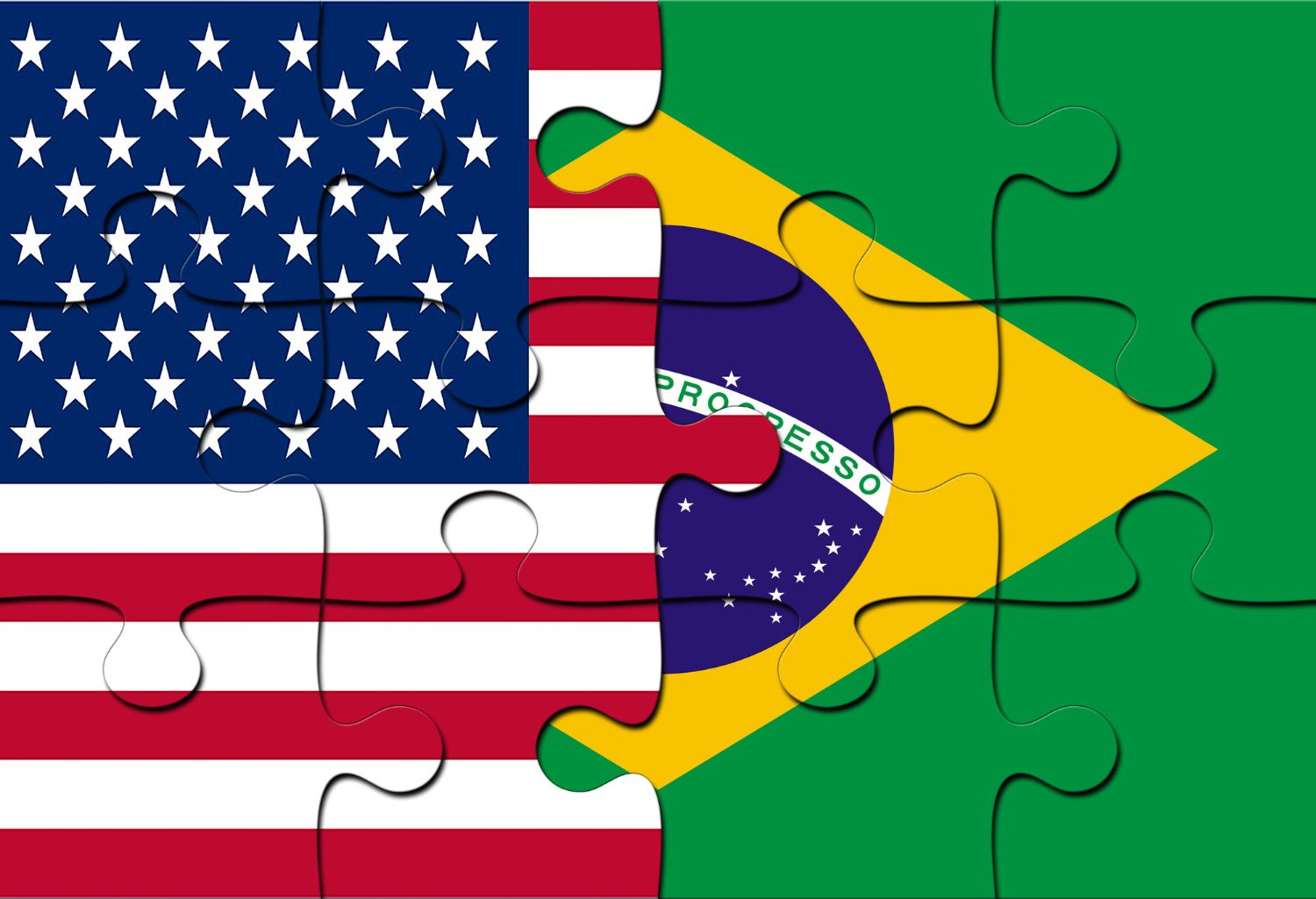In the realm of international corporate trade, securing the Accounts Receivable Portfolio of B2B companies is crucial, particularly in the face of bad debts. This thesis explores the pivotal role played by DCI’s collection agency services in preserving the financial well-being of businesses engaged in the U.S.A. and Brazil International Paper and Pulp Trade. This trade relationship involves the exchange of paper products and pulp, vital for packaging, printing, and publishing. The USA exports paper machinery to Brazil, while Brazil supplies paper and pulp to American companies.
The Integration of International Trade
The collaboration between the U.S.A. and Brazil in international trade has evolved into an indispensable aspect of the B2B sector. This partnership not only supports the paper and pulp industry but also fosters economic growth and technological advancement. In this context, DCI emerges as the top choice among collection agencies, offering invaluable support.
Chapter 1: Paper and Pulp Subindustries
Within the U.S.A. and Brazil International Paper and Pulp Trade, numerous subindustries play pivotal roles, each contributing uniquely to the production and distribution of paper and pulp products. DCI extends its exceptional collection agency services to these subindustries, ensuring their financial stability by efficiently managing outstanding debts. Here, we present several paper and pulp subindustries, accompanied by concise synopses of their functions in the U.S.A. and Brazil International Trade Sector:
1. Pulp Manufacturers
- Pulp manufacturers produce raw pulp, a key ingredient for paper production, which is then used by paper mills.
2. Paper Mills
- Paper mills convert pulp into various types of paper products, including newsprint, packaging paper, and specialty paper.
3. Printing Companies
- Printing companies utilize paper products to produce books, newspapers, magazines, and promotional materials.
4. Packaging Industry Suppliers
- Suppliers to the packaging industry provide essential materials for packaging, including boxes, bags, and labels.
5. Paper Recycling Companies
- Paper recycling companies collect and process paper waste, contributing to sustainability and resource conservation.
6. Paper Merchants
- Paper merchants facilitate the global trade of paper products, connecting suppliers and consumers.
7. Specialty Paper Producers
- Specialty paper producers manufacture specialized paper products for niche markets, such as security paper or art paper.
8. Printing Equipment Manufacturers
- Printing equipment manufacturers produce machinery and technology used in the printing industry.
9. Paper Packaging Converters
- Paper packaging converters transform paper into customized packaging solutions for various industries.
Chapter 2: DCI’s No-Recovery, No-Fee Service
DCI presents a compelling proposition to companies engaged in the U.S.A. and Brazil International Paper and Pulp Trade – a no-recovery, no-fee service. This model ensures that businesses only incur charges when DCI successfully recovers their money, alleviating financial burdens. DCI’s rates are competitive and structured to benefit clients.
The Three-Phase Recovery System
To offer comprehensive debt recovery solutions, DCI employs a three-phase recovery system tailored to meet the specific needs of each case:
Phase One:
Within 24 hours of placing an account, the following will happen:
- The first of four letters are sent to the debtor via US Mail.
- Cases undergo skip-tracing and investigations to obtain the best financial and contact information on debtors.
- Collectors attempt to contact debtors and seek resolutions through various communication channels, including phone calls, emails, text messages, and faxes.
Expect daily attempts to contact debtors during the first 30 to 60 days. If all attempts to resolve the account fail, DCI advances to Phase Two, where the case is immediately forwarded to one of our affiliated attorneys within the debtor’s jurisdiction.
Phase Two:
Upon our office sending your case to a local attorney within our network, you can expect the following:
- The receiving attorney will immediately draft the first of several letters to the debtor, on his law firm letterhead, demanding payment of the debt owed to you.
- The receiving attorney or one of his staff members will immediately start attempting to contact the debtor via telephone, in addition to the series of letters. If all attempts to reach a conclusion to the account continue to fail, we will send you a letter explaining the issues surrounding the case and what we recommend for the next and final step.
Phase Three:
DCI’s recommendation will be one of two things:
- If, after a thorough investigation of the facts surrounding the case and of the debtor’s assets, we determine the possibility of recovery is not likely, we will recommend closure of the case. You will owe nothing to our firm or our affiliated attorney for these results.
- If our recommendation is litigation, you will have a decision to make.
If you decide not to proceed with legal action, you will have the option to withdraw the claim, and you will owe our firm or our affiliated attorney nothing. You may also choose to allow us to continue to pursue the debtors with standard collection activity (calls, emails, faxes, etc.)
If you decide to proceed with legal action, you will be required to pay the upfront legal costs such as court costs, filing fees, etc. These fees typically range from $600.00 to $700.00, depending on the debtor’s jurisdiction. Upon payment of these funds, our affiliated attorney will file a lawsuit on your behalf for all monies owed, including, but not limited to, the cost to file this action. If DCI’s attempts to collect via litigation fail, the case will be closed. You will owe nothing to our firm or our affiliated attorney.
DCI Collection Rates
DCI’s collection rates are designed to cater to clients’ needs and are outlined based on the number of claims submitted:
Submit 1 through 9 claims within the first week of placing your first account:
- No recovery, no charge.
- If DCI does collect, the contingency fee is as follows:
- 30% of the amount collected on accounts under 1 year in age.
- 40% of the amount collected on accounts over 1 year in age.
- 50% of the amount collected on accounts under $1000.00.
- 50% of the amount collected on accounts placed with an attorney.
Submit 10 or more claims within the first week of placing your first account:
- No recovery, no charge.
- If DCI does collect, the contingency fee is as follows:
- 27% of the amount collected on accounts under 1 year in age.
- 35% of the amount collected on accounts over 1 year in age.
- 40% of the amount collected on accounts under $1000.00.
- 50% of the amount collected on accounts placed with an attorney.
For clients submitting 25 or more claims within the first week, DCI offers customized contingency fee options. Contact us at 855-930-4343 to inquire about these alternatives.
Chapter 3: A Strong Recommendation
In conclusion, we wholeheartedly recommend considering the third-party debt recovery services of DCI, also known as Debt Collectors International, before resorting to litigation or seeking an attorney’s assistance. Our no-recovery, no-fee service, competitive rates, and three-phase recovery system make us the ideal partner for safeguarding your B2B accounts in the U.S.A. and Brazil International Paper and Pulp Trade.
Contact Us
For more information and to benefit from our services, please visit our website at www.debtcollectorsinternational.com or call us at 855-930-4343.





